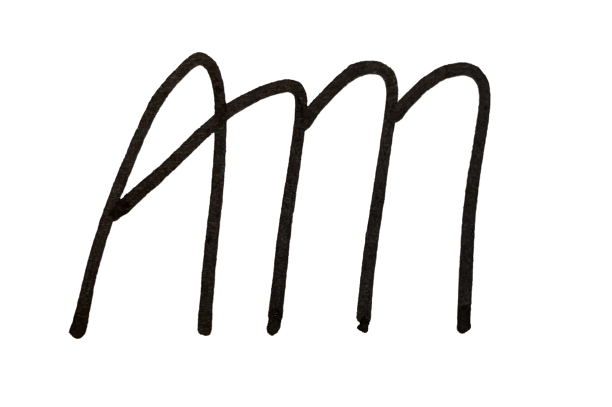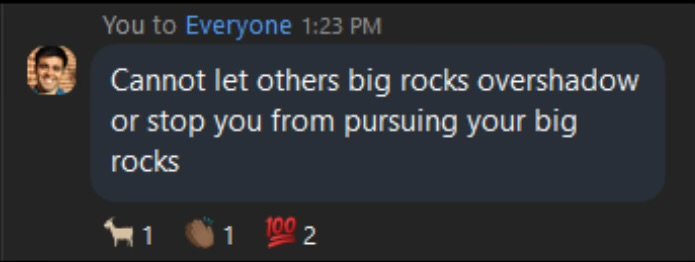My Experience Doing McKinsey’s Ability to Execute for Nonprofits at Per Scholas, Part 1
By learning to focus on what’s important, our staff frees up ‘think time’ to improve our work.
-Plinio Ayala, CEO of Per Scholas
What is Per Scholas?
Per Scholas is a national nonprofit organization that offers tuition-free technology training to help individuals launch careers in the tech industry. Founded in 1995 in the South Bronx, New York, by John Stookey and Lewis Miller, its mission is to advance economic mobility by providing access to high-quality tech education, particularly for people traditionally underrepresented in the technology sector.
Per Scholas has trained over 30,000 individuals nationwide. Graduates often see significant improvements in their economic situations, with many securing employment in the tech industry.
In my personal experience, I’ve seen graduates such as myself increase their salary over 151% after completing a Per Scholas program.
What is McKinsey?
McKinsey & Company is a global management consulting firm founded in 1926 that advises businesses, governments, and organizations on strategic, operational, technological, and organizational issues. It's known for helping top executives solve complex problems and improve performance.
McKinsey is considered one of the "Big Three" consulting firms, along with BCG and Bain & Company. It’s highly selective in hiring, often recruiting from top universities and MBA programs.
While the firm has been involved in some high-profile controversies, such as paying $574 million to settle opioid claims, it remains influential in shaping business and government policy globally.
What is Ability to Execute (A2E)?
In the story “Tech nonprofit excels at soft skills: How McKinsey helped Per Scholas deliver on its mission,” I learned that my current employer, Per Scholas, had 100 employees across 11 cities in 2019.
Today in 2025, Per Scholas has over 600 employees across 24 cities, and I am still in meetings about potential classes opening up in more cities.
In six years, the company went from 100 employees in 11 cities, to over 500 employees in 24 cities.
To help Per Scholas strengthen its internal capabilities, McKinsey assisted by implementing the Ability to Execute (A2E) framework.
First lesson: focus on “Big Rocks”
First of all, focus on the “Big Rocks.”
Do high-priority tasks first, while avoiding distractions. “Pebbles” or “Sand” (lower-priority tasks) can be done later.
Per Scholas “Big Rocks”:
For Admissions, it is to recruit people for classrooms of learners
For managing directors, it is to acquire and set up technology for new campuses (PCs, routers, switches, printers, and so on)
Improving internal systems and bottlenecks, like knowing who to contact for what type of concern in a nonprofit of 500+ people.
As an instructor, my big rock was preparing to lead an IT class. As a manager, it is preparing to respond to problems my team of instructors and teaching assistants face while preparing for and running class.
As a fundraiser, the big rock might be finding people who would be interested in donating to Per Scholas
I put in the Zoom chat that, depending on who you are and what role you have in a company, your Big Rock might be someone else’s Pebble. You cannot let someone else’s Rock overshadow yours, you cannot let yours overshadow someone else’s. Every job worth doing is worth doing well.
A recruiter is worried about getting documents in, doing interviews weekly, scheduling people, sending zoom invites.
A Teaching Fellow or Instructor is worried about getting people certified in A+ or CySA+ or Splunk.
These jobs are different in nature, but equally important, to a training org, and colleagues should not overshadow each other. It should be like that in any ideal company.
2×2 Prioritization Matrix
I learned about what this is in the McKinsey training. A quick search online for “2×2 Prioritization Matrix” got me to this website, ProductPlan. They have a matrix pic I downloaded and uploaded here to this post.
Everybody will have a different matrix with different rocks they call “urgent.”
For me, writing is a very important rock, but it is not important to everyone. That is OK! People get by without reading books I read, people get by without watching what I watch, or eating what I eat, and that is fine.


